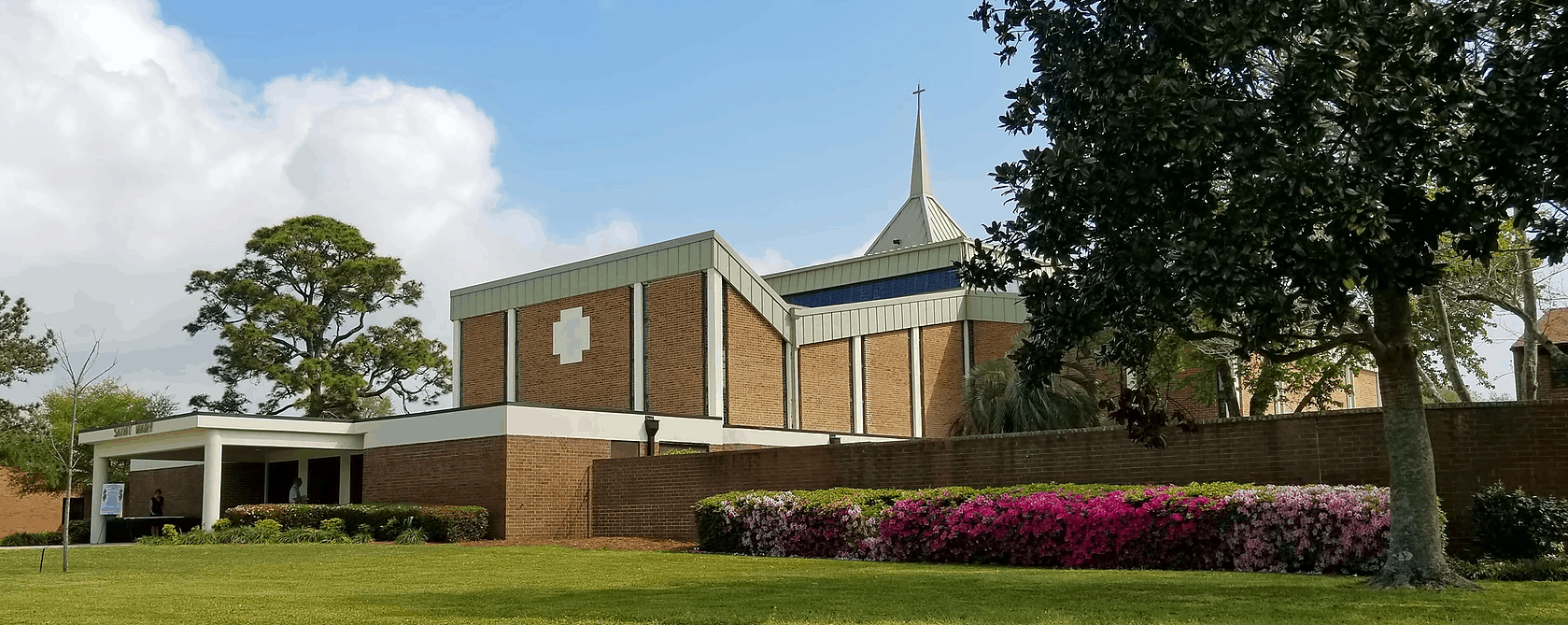
To Be Honest 4: Stand Up and Go
The wife left the office, rejoined her husband, and then drove home. “Well, honey,” asked the husband, “what did the doctor say?”
His wife replied: “Honey, he said you’re going to die.”
All kidding aside. Have you ever prayed for someone to be healed, and they were not. Maybe they even died. That is very difficult. My heart goes out to you. We just heard Jesus tell this man who was cured from leprosy: “Stand up and go. Your faith has saved you.” That’s our message for today. To be honest, you can be healed: Stand up and go. Your faith has saved you.
Sometimes people will ask me, if they pray in complete faith, or if someone receives the sacrament of the anointing of the sick, will they be healed, or why wasn’t someone healed in those situations. Let’s focus on the sacrament which also contains the heart-felt, faith-filled prayers of the priest for the sick person. I have done so over 1000 times over the last 22 years.
When the Sacrament of Anointing of the Sick is given, the hoped-for effect is that, if it be God’s will, the person be physically healed of illness. But the primary effect of the Sacrament is a spiritual healing by which the sick person receives the Holy Spirit’s gift of peace and courage to deal with the difficulties that accompany serious illness or the frailty of old age.
Listen carefully please to that last sentence. A return to physical health may follow the reception of this sacrament if it will be beneficial to the sick person’s salvation. So, God is primarily concerned with our salvation.
In the gospel today, Jesus tells the one leper who returned to thank him, “Your faith has saved you.” Notice Jesus does not say your faith has healed you, but your faith has saved you.
Faith speaks to us about salvation which is a different kind of healing altogether. In other words, the message of healing and salvation is not primarily found in the external act of having ailments cured, but rather, the message of healing and salvation is primarily found in the communion with the one who is salvation himself, Jesus Christ. It is from this source alone that our bodies and souls can be restored to health.
Our goal, then, is to be in communion with Christ. That is the goal of the sacrament, and should be the ultimate point of our prayer for anyone who is sick. Yes, through that communion with Christ they may experience physical healing. It is not that Jesus wants people to experience suffering and pain, but he is ultimately concerned with our salvation.
Our full physical healing awaits us in heaven. In heaven, there will be no more pain, sickness, disease, suffering, or death (Wisdom & Revelation 21). Perhaps we all need to be less preoccupied with our physical condition in this world and a lot more concerned with our spiritual condition (Romans 12:1-2). Then we can focus our hearts on heaven where we will no longer have to deal with physical problems.
There’s another kind of wound all of us carry: The self-inflicted wounds of our sins. Some of them have cut deep and done great damage to our spirits, our souls.
In whatever manner we received these wounds, some of the wounds are so deep they can seem beyond healing. But Jesus assures us they are not. Remember, through healing of your sins, Jesus wants you to be in communion with him, the Father, and the Holy Spirit. The gospel we heard shows us where to begin: By naming our wounds clearly and specifically. That’s what the lepers did: They identified that they were lepers and asked Jesus to help them. We know they identified themselves as lepers because it was the law that they do so before they approach anyone.
We are probably not so clear and specific when asking God for help. And that’s bad news, because unless we name our wound and claim it as our own, and nobody else’s, we’ll never be able to give it to the Lord, wholly and entirely, for his healing. We’ll never be ready to work with the Lord in what is sometimes a long, slow process by which souls are healed.
God wants every one of us to be whole, healed, and happy. So why waste one more minute just making do? Why not, instead, take time to look deep inside, see the wounds that may have been lurking there, maybe since childhood, name them, claim them as our very own, and then give them to the Lord.
No doubt about it, the looking and the naming can make us sad. And giving the hurts and wounds entirely to God may take a long time. Sometimes they are so much a part of us, it’s hard to let them go. But the payoff is a whole new life. Why not let the Lord help you get started now?
If you need to go to confession, be sure to take the time to do so. There you can name and claim your wounds out loud. You won’t be disappointed that you did. We spoke earlier of the anointing of the sick which is one of the sacraments of healing. The other one is the sacrament of confession.
This is what we would like you to do.
Ask God to heal you or someone you love in ways that only he knows you, or they, need healing. Ask Jesus to help you, or them, find communion with him. Remember his goal for you and others is communion with him



